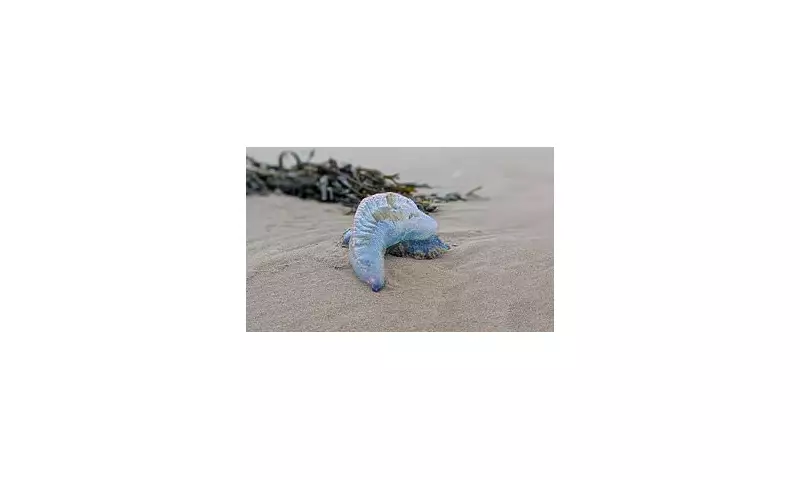
Beach lovers and coastal visitors across South West England are being urged to exercise extreme caution after the alarming discovery of deadly Portuguese man o'war creatures washing up on popular shorelines. Marine experts have confirmed multiple sightings of these highly dangerous marine organisms, sparking urgent safety warnings from environmental authorities.
What Makes These Creatures So Dangerous?
The Portuguese man o'war, often mistaken for a jellyfish, is actually a siphonophore - a colonial organism made up of many specialized individuals working together. Their long, trailing tentacles contain venom powerful enough to cause:
- Excruciating, burning pain that can last for hours
- Severe skin welts and lesions resembling whip marks
- Potential allergic reactions and breathing difficulties
- Rare but serious cardiac complications in vulnerable individuals
Where Have They Been Spotted?
Recent confirmed sightings have emerged from several coastal locations, particularly around Cornwall and other South West beaches. The Marine Conservation Society has reported an unusual number of these dangerous creatures being carried to UK shores by specific wind and current patterns.
Important safety note: Even dead man o'war specimens washed up on beaches remain extremely dangerous, as their venomous cells can remain active for days after death.
Emergency Response And First Aid Measures
If stung by a Portuguese man o'war, immediate action is crucial. Medical professionals recommend:
- Rinse the affected area with seawater (NOT fresh water)
- Carefully remove any visible tentacles using tweezers or gloves
- Seek immediate medical attention for proper treatment
- Monitor for signs of allergic reaction or breathing difficulties
Coastguard officials and local authorities are monitoring the situation closely, with additional warnings expected if more sightings are confirmed. Beach visitors are advised to remain vigilant, keep children and pets away from any suspicious marine organisms, and report sightings to local coastguard stations immediately.





